Table of Contents
Key Takeaways
- Implementing sustainable practices is crucial for reducing environmental impact.
- Efficient waste management conserves resources and minimizes pollution.
- Innovative tools like compactors greatly enhance waste management efficiency.
Introduction to Sustainable Living
Sustainable living is more than just a mantra. It’s a necessary approach to ensuring the long-term health of our planet. In a time when environmental issues are at the forefront of international discussions, sustainable living emphasizes a style of living that seeks to achieve a balance between human needs and the ability of the Earth to supply those needs. A significant component of this approach is effective waste management, which helps reduce pollutants, conserves Earth’s valuable resources and fosters a culture of responsible consumption and production.
With various strategies emerging to aid waste reduction, machines such as the self contained compactor have been instrumental in transforming waste management practices. By minimizing waste volume, these machines enhance the efficiency of waste transportation and disposal processes, ultimately reducing the ecological footprint. Integrating such technologies is crucial in achieving successful waste management outcomes and contributes significantly to sustainability efforts.
The Importance of Waste Management
Understanding the critical nature of waste management is essential to grasp its undeniable influence on sustainability. Efficient waste management involves systematic control over the collection, treatment, and disposal of waste materials, ensuring that waste creation is kept at bay and that any waste generated is dealt with in an eco-friendly manner. This process notably decreases the harmful emissions from landfills and waste processing facilities.
A comprehensive waste management strategy supports environmental health by reducing landfill use, controlling pollution, and conserving resources through recycling and composting.
Effective Waste Management Techniques
The waste management toolkit combines diverse and innovative techniques to minimize human-made environmental impact. Recycling stands out as a primary method, which involves converting waste into reusable materials. This process reduces the need for virgin materials and decreases energy consumption. Furthermore, composting provides an eco-friendly solution for organic waste by turning it into nutrient-rich compost, immensely beneficial for agriculture and gardening.
Resource recovery is another pivotal technique emphasizing extracting valuable materials and energy from waste. This method not only furthers sustainability by creating a closed-loop system but also stimulates the economy by supplying raw materials for manufacturing, promoting energy efficiency, and enhancing resource conservation strategies.
How Compactors Contribute
Because they can drastically reduce the volume of garbage, compactors have become essential equipment in waste management. These machines work by compressing waste materials, thereby minimizing their space and making transportation more accessible and cost-effective. This compression process mitigates landfill dependency and encourages broader recycling efforts through efficient waste sorting and processing.
Adopting compactors in industries and municipalities has improved waste disposal practices, reducing the financial burden associated with waste transportation and landfill use. These benefits have naturally extended into urban environments, facilitating cleaner cities and promoting a culture of responsible waste disposal.
Challenges and Solutions in Waste Management
Despite significant progress and innovative solutions, waste management must overcome multiple challenges. These include economic limitations, infrastructural inadequacies, and a general lack of public engagement. A comprehensive strategy incorporating regulatory modifications, public outreach, and technical advancements is necessary to tackle these obstacles.
Solutions are increasing, such as introducing tax incentives for recycling and investing in modern waste-to-energy technologies. Moreover, community engagement through educational efforts can lead to a greater understanding and participation in waste reduction activities. By incorporating these strategies, communities can effectively overcome challenges and enhance their waste management systems.
The Future of Waste Management
Technological advancements are rapidly transforming the waste management industry. Automated sorting facilities and innovative waste bin systems promise to reduce waste and improve resource recovery processes. This shift towards a circular economy signifies continuous recycling and reuse of waste. The industry’s innovation is driven by global environmental awareness, aiming for sustainable production, consumption, and waste disposal to reduce the human ecological footprint.




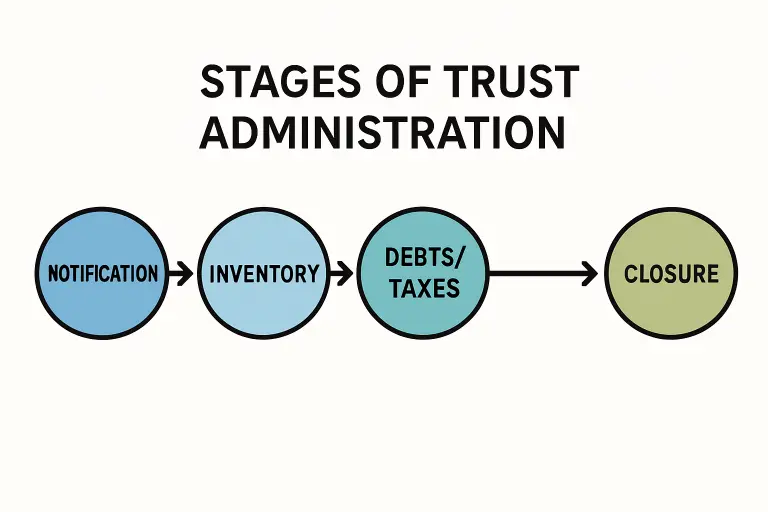


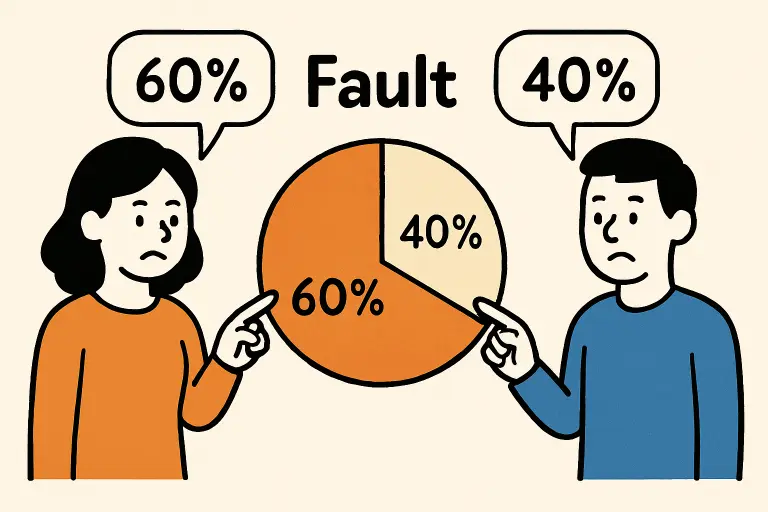
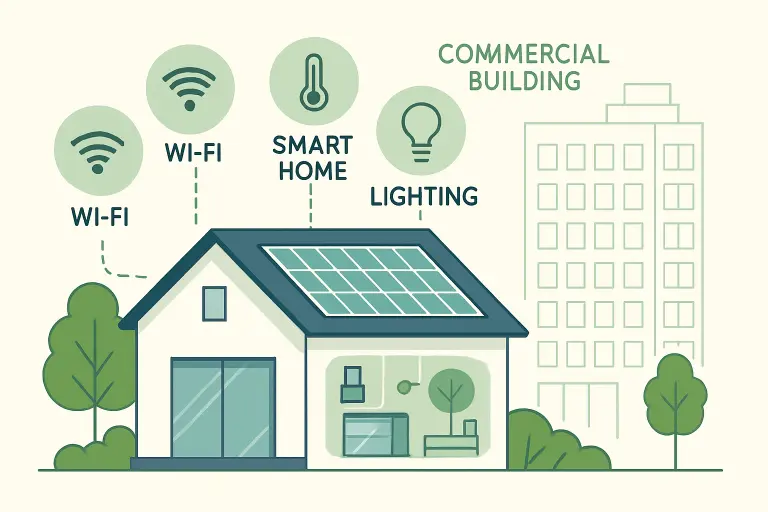











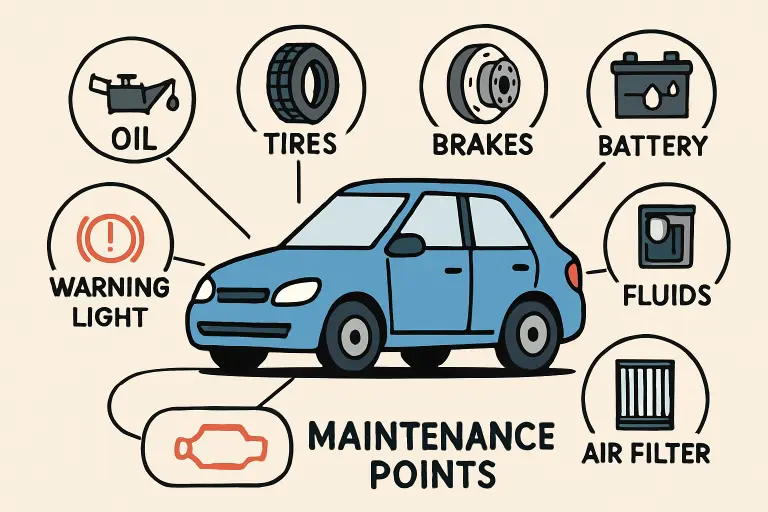


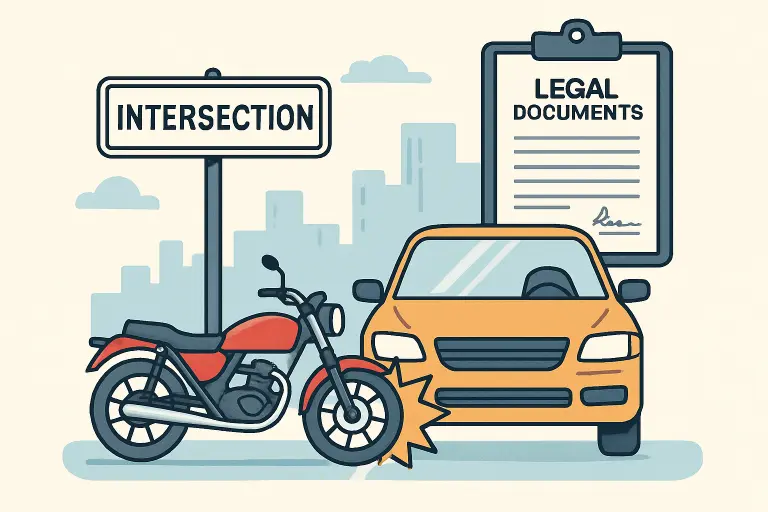








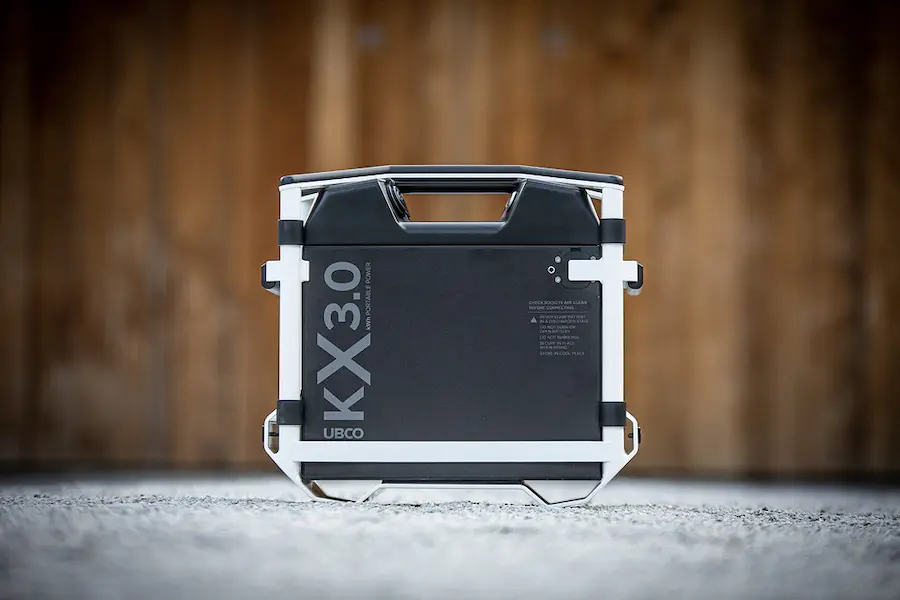

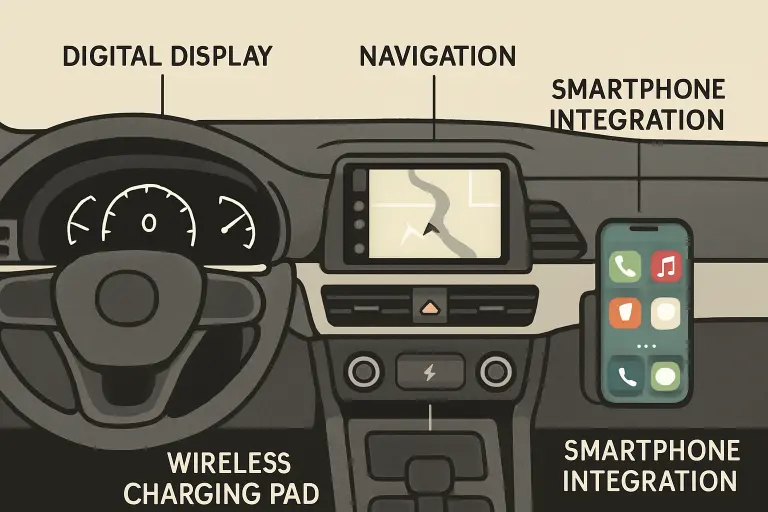


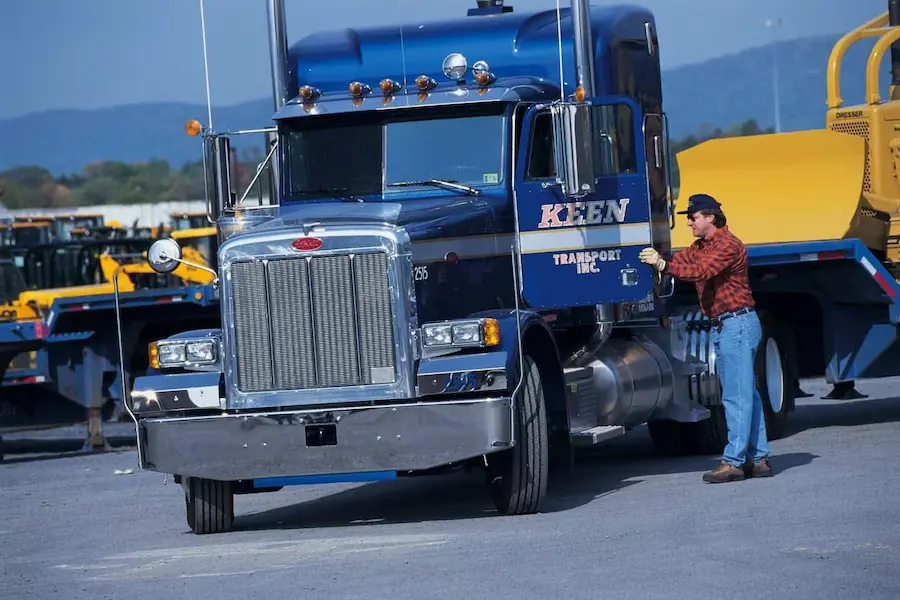




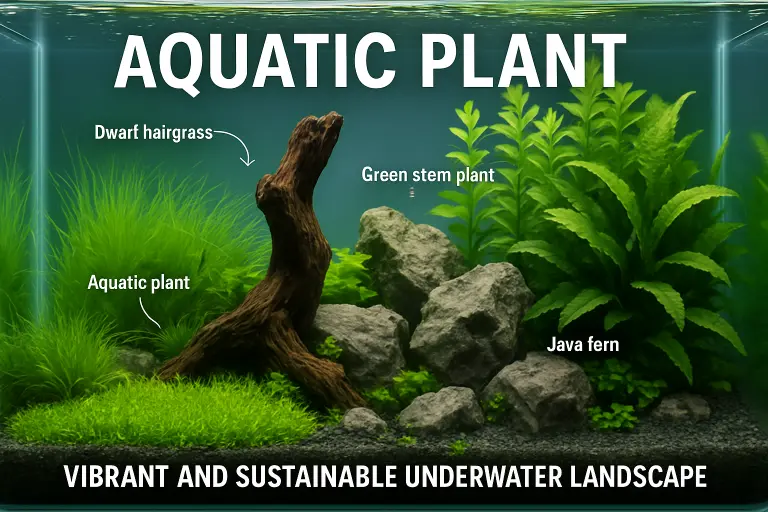




















































































































































































































































































































































































































































































































































































































































































































































































































































































































































































































































































































































































































0